I used the python socket to send a DNS query packet socket and listen to the response. Finally, I got a DNS response packet by the socket.recvfrom(2048) function as expected. But strangely, where I compared the response packet with the packet crawled by Wireshark, I found there exists many difference.
The differences would be found as 3f at the second picture.
The DNS response packet (The highlighted part) crawled by the Wireshark

The DNS response packet got by the socket.recvfrom(2048)

The Creating a Socket Part Codes:
ipv = check_ip(dst)
udp = socket.getprotobyname(Proto.UDP)
if ipv == IPV.ERROR:
return None
elif ipv == IPV.IPV4:
return socket.socket(socket.AF_INET, socket.SOCK_DGRAM, udp)
elif ipv == IPV.IPV6:
return socket.socket(socket.AF_INET6, socket.SOCK_DGRAM, udp)
else:
return None
The Receiving a DNS response packet Part Codes:
remained_time = 0
while True:
remained_time = self.timeout - timeit.default_timer() + sent_time
readable = select.select([sock], [], [], remained_time)[0]
if len(readable) == 0:
return (-1, None)
packet, addr = sock.recvfrom(4096)